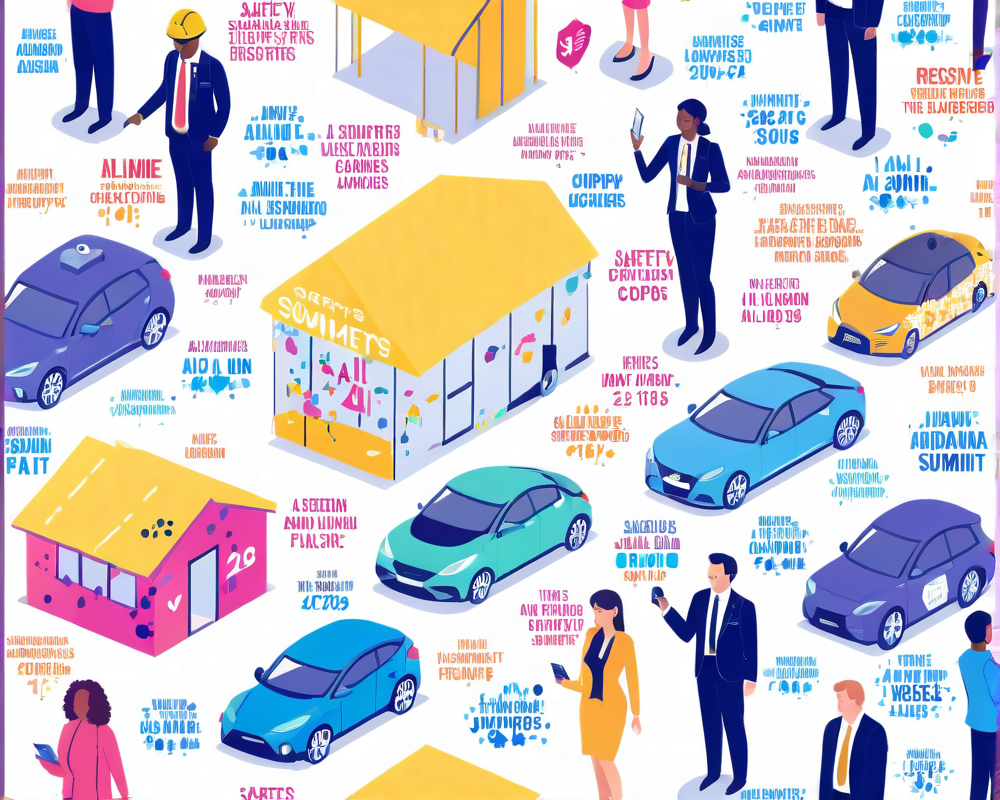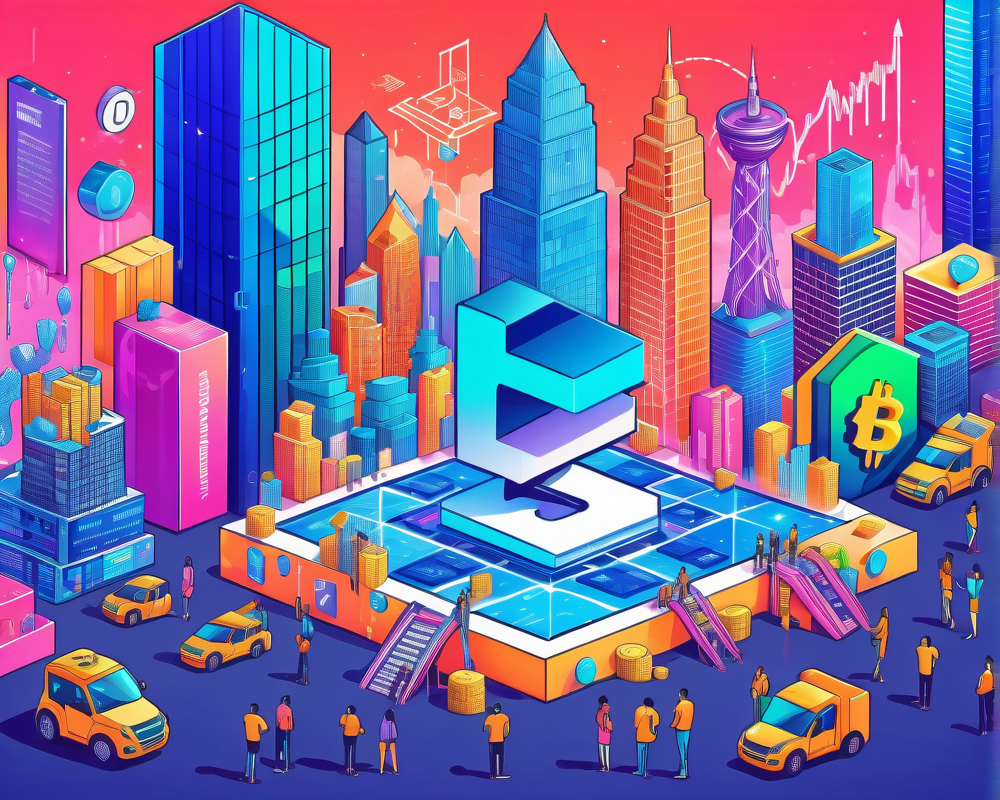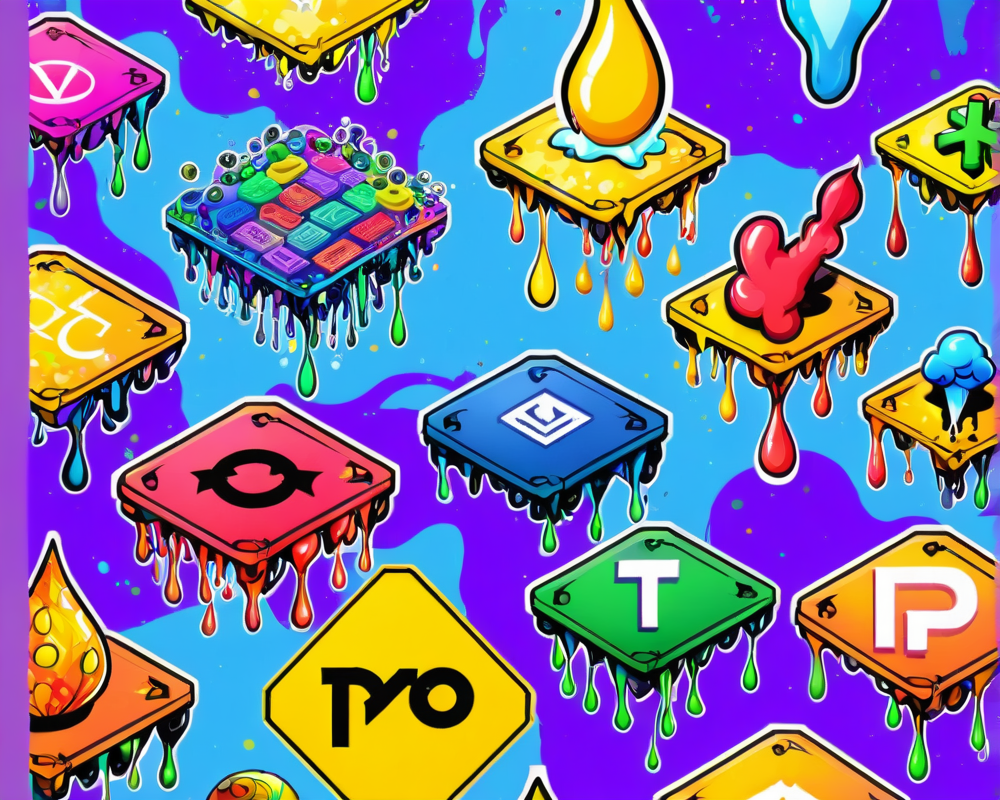The Buzz Around AI Safety Summit
On November 1st and 2nd, Bletchley Park, known for its wartime codebreaking history, transformed into a hub for discussing one of the most pressing issues of our time: AI safety. Hosted by Prime Minister Rishi Sunak, this summit witnessed a melting pot of leaders, innovators, and tech moguls from across the globe, talking about how we can safely maneuver through the uncharted waters of artificial intelligence.
Who’s Who at the Summit
Around 100 distinguished guests, including big wigs like OpenAI’s Sam Altman and Elon Musk, mingled to find common ground amidst the complexities of AI technology. Attendees weren’t just wearing their business hats; they were also donning their diplomatic caps. The summit welcomed officials from 27 countries, including U.S. Vice President Kamala Harris and EU President Ursula von der Leyen. Talk about a star-studded event!
Day One: Roundtable Revelations
The first day opened with roundtable discussions focusing on the potential risks associated with frontier AI models and integrating them into society. The talk was not just about doom and gloom; there was also an uplifting segment on “AI for good,” emphasizing the positive potential of these technologies in education and beyond. It was like a TED Talk but with more PowerPoint slides and fewer dramatic pauses.
A Declaration of Intent
One of the most significant outcomes was the “Bletchley Declaration,” signed by 28 countries including the U.S. and China. This manifesto aims to bolster international cooperation in AI safety, akin to a global handshake over a cup of coffee (or perhaps tea, given the venue). U.S. Secretary of Commerce Gina Raimondo hinted at forming an AI Safety Institute, potentially making the U.S. a key player in this new arena.
What’s Elon Musk Saying?
Elon Musk, who somehow manages to pop up at all the crucial tech meetings, expressed his vision of establishing a “third-party referee” for AI development—think of it as an umpire in a baseball game who shouts “Foul!” when a tech company goes too far. He stressed the importance of having independent oversight before any rules get set in stone. Apparently, he’s not a fan of the ‘jump first, ask questions later’ approach.
China’s Stance: Equal Ground for AI Development
Chinese Vice Minister Wu Zhaohui took the mic to advocate for equal rights in AI development, regardless of a country’s size or resources. His message was clear: “Let’s share this AI pie, folks!” He emphasized that global cooperation is vital for progress and safety, underscoring the need for open-source availability of AI technologies.
Looking Ahead
As the summit wraps up, expectations are high for what might emerge next in this captivating spectacle of AI innovation and governance. With global leaders rallying together in search of answers, we might just be on the cusp of shaping a safer AI world. Or at the very least, striking deals that ensure we have functioning tech at the edge of the galaxy.




